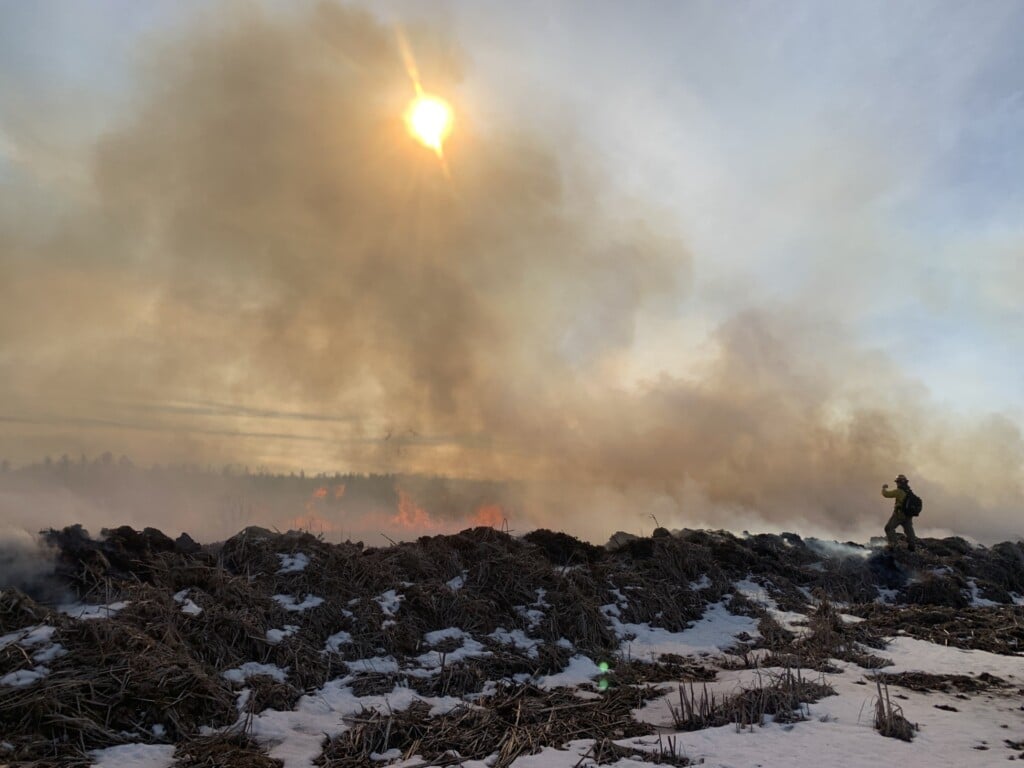Air Quality Alert extended – again
 DULUTH, Minn. – The Minnesota Pollution Control Agency (MPCA) has extended its air quality alert through Tuesday, July 15 for northern Minnesota.
DULUTH, Minn. – The Minnesota Pollution Control Agency (MPCA) has extended its air quality alert through Tuesday, July 15 for northern Minnesota.
Areas around the Northshore and Carlton County will still be in the level considered unhealthy for everyone.
That area includes Two Harbors, Duluth, and the Tribal Nations of Grand Portage and Fond du Lac.
The rest of Northern Minnesota will be in the unhealthy for sensitive groups category.
That includes International Falls, Hibbing, Ely, Roseau, Brainerd, Hinckley, Bemidji, East Grand Forks, Moorhead, and the Tribal Nations of Mille Lacs, Leech Lake, White Earth, and Red Lake.
Red air quality: Unhealthy
Sights and smells: In areas where air quality is in the red AQI category due to wildfires, the sky may look smoky. The air will look hazy, and you won’t be able to see long distances. You may smell smoke.
Health effects: This air is unhealthy for everyone. Anyone may begin to experience symptoms such as irritated eyes, nose, and throat, coughing, chest tightness, or shortness of breath. Sensitive or more exposed individuals may experience more serious health effects, including worsening of existing heart or lung disease and respiratory and cardiovascular conditions, possibly leading to an asthma attack, heart attack, or stroke.
What to do: Reduce outdoor physical activities, take more breaks, and avoid intense activities to reduce exposure. Sensitive and more exposed individuals should avoid prolonged or vigorous activities and consider shortening, rescheduling, or moving outdoor events inside.
Orange air quality: Unhealthy for sensitive groups
Sights and smells: In areas where air quality is in the orange AQI category due to wildfires, the sky may look hazy and residents may smell smoke even when wildfires are far away.
Health effects: This air is unhealthy for sensitive groups and pollution may aggravate heart and lung disease as well as cardiovascular and respiratory conditions. Symptoms may include chest pain, shortness of breath, wheezing, coughing, and fatigue.
What to do: People in sensitive groups are encouraged to reduce outdoor physical activities, take more breaks, or do less intense activities to reduce their exposure. People with asthma should follow their asthma action plan and keep their rescue inhaler nearby.







